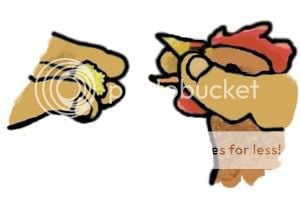I see so many posts about chickens being unable to walk or stand, I am wondering if any do survive and go on to live normally after being pretty much paralyzed? If so, what was the cause of it, and what did you do to make them thrive on their own again?
I am going through this (for a second time) on my first ever batch of chickens that I brought home 7 months ago. I am finding it all very... discouraging for a beginner.
He was being picked on by another rooster, and then collapsed, and hasn't walked since. His legs don't look broken or injured..i don't know if it's mareks and thats why he was being picked on, or if he was injured in some way that made him paralyzed. He can't even stand or move, and one leg has absolutely no resistance when i touch it or put it against my hand. I honestly didn't notice anything wrong with him until he collapsed.
So, yeah, any similar stories with happy endings? Or any advice?
Thanks in advance
I am going through this (for a second time) on my first ever batch of chickens that I brought home 7 months ago. I am finding it all very... discouraging for a beginner.
He was being picked on by another rooster, and then collapsed, and hasn't walked since. His legs don't look broken or injured..i don't know if it's mareks and thats why he was being picked on, or if he was injured in some way that made him paralyzed. He can't even stand or move, and one leg has absolutely no resistance when i touch it or put it against my hand. I honestly didn't notice anything wrong with him until he collapsed.
So, yeah, any similar stories with happy endings? Or any advice?
Thanks in advance




